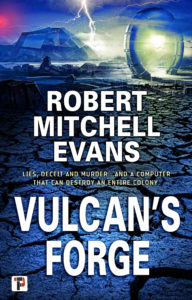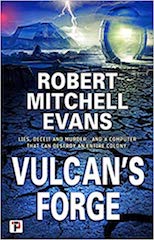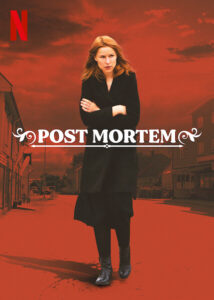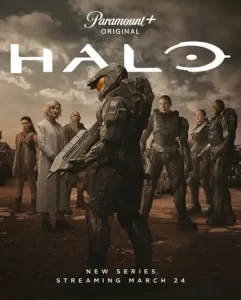Late March 2020 saw the release of my traditionally published novel Vulcan’s Forge that played with Artificial Intelligence, the fetishization of 50’s Americana, the relationship between the
individual and their larger culture, crime, Film Noir, and loads of movie references. It was a novel that I had written solely for myself and yest was purchased by the first editor I presented it to.
Late March 2020 is also the time the world shuttered, going into a prolonged lock-down as a pandemic, the likes of which had not been seen in a century, swept the globe, disrupting every aspect of life and killing far too many people. (Including a friend I had known for nearly 40 years.)
Needless to say, that was a very bad time to release a debut novel. As if a global pandemic was not enough to throw at my arrival as a novelist the fates had more hurdles to place. The publishing house was transition between physical distributors, snagging and disrupting sales to bookstores and they had just ended the contract with the studio that produced their audio versions, leaving Vulcan’s Forge without an audiobook not only as their format continued to grow but as that very format became more readily accepted during the pandemic.
Within eight weeks bookstore had worked out virtual launch events and people had begun to adjust to a new way of living during shut down, but the damage had been done and Vulcan’s Forgenever recovered from its debut.
Such is life. There are always factors in life far beyond your control or even influence. I don’t waste time crying over what has happened and cannot be changed. Life moves in one direction, forward, and that is the focus of your attention with the past providing lessons to improve your choice of paths into that future.
Now, I have not mentioned the most important link in the calamitous chain that broke my novel and the lesson I and others can learn from it.
Vulcan’s Forge sat on my agent’s desk for a year, unread and unrepresented.
When I discovered that my agent had lied to me and withheld critical information about his position at the agency, I contacted his boss and that is when he dropped me as a client. But for months I had been harboring doubts and considering dropping him. And that is the lesson, not all agents are good for you. In fact, they can hurt you in ways you cannot foresee. That is not to say you should never have an agent, but you must always remember that they work for you. If they are a poor employee, fire them and find another.
It can feel scary, nay terrifying, most of us search for years, enduring rejection after rejection searching for that representation but do not let that blind you to the truth. If they are not helping you then they are hurting you. There is no neutral position.
Vulcan’s Forge is history, though you can still order copies, but my future novels are not. I have a murder mystery/sf Novel under serious consideration at a major SF publisher, I am finishing up a military SF novel now and will then move onto crime and corruption on Mars. There is only one direction to life. Forward.
A gentle reminder that I have my own SF novel available from any bookseller. Vulcan’s Forge is about the final human colony, one that attempt to live by the social standard of 1950s America  and the sole surviving outpost following Earth’s destruction. Jason Kessler doesn’t fit into the repressive 50s social constraints, and he desire for a more libertine lifestyle leads him into conspiracies and crime.
and the sole surviving outpost following Earth’s destruction. Jason Kessler doesn’t fit into the repressive 50s social constraints, and he desire for a more libertine lifestyle leads him into conspiracies and crime.



